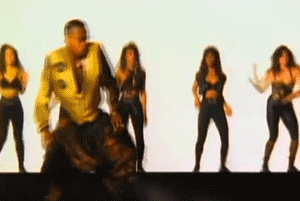
Recently I’ve been thinking about how much rap music has changed over the years, or I should say over the decades. I mean, if we count the classic single “Rappers Delight” by the Sugarhill Gang as the first official rap record and the beginning of the rap music industry, then 2019 marks the 40th year of rap music’s existence!
40 years. Wow, rap music is middle-aged.
What’s interesting to think about is how the attitude about what fans think a rapper should be has also changed dramatically over the years. M.C. Hammer is a perfect example of that. In many ways, you could argue that he was vastly ahead of this time.
Hammer had some minor success in 1988 with his first major-label album release Let’s Get It Started. I remember seeing his videos for the title track and other singles like Pump It Up and Turn This Mutha Out, on BET, but I don’t recall having much of an impression about him then.
But that certainly changed in February 1990, when he released his second major album, Please Hammer Don’t Hurt ‘Em.
Based largely on the strength of its second single U Can’t Touch This, this album would be the first rap album to be certified diamond, which means it sold over 10 million copies in the U.S. That was (and still is) huge. It was only a few years earlier when groups like Run-DMC and Beastie Boys were selling 3 million copies of their albums and that was considered amazing for rap music. Adding it’s continued sales in the U.S. as well as sales from around the world and to date it’s said to have sold over 18 million. It’s still one of the biggest selling rap albums ever.
Now, as with anything else, with success comes backlash. Many rap purists did not like M.C. Hammer. I admit, as a teenage rap fan, and an aspiring rapper, at the time, I was one of those non-fans. His lyrics were very simplistic (in his hit song “Pray” he says the word “pray” 147 times), and all his songs were samples of other people’s hits. While sampling was nothing new to rap, Hammer took it to another level.
And then you add his performances, both on stage and in music videos. Back then we were used to rappers just coming out on stage in street clothes, standing in front of a DJ on turntables, rapping with a mic in his hand.
And yet there was M.C. Hammer, with his troop of dancers behind him and wearing his big ol’ parachute pants.
This was just not done.
Again, no, he wasn’t the first rap act to have background dancers, but it was just the way Hammer did it that was like taking it to an extreme. And the fact that Hammer was selling so much more than every other rapper, including many that “we” considered to be far lyrically superior to him, and being embraced by fans who normally didn’t like rap, just rubbed a lot of fans and other rappers the wrong way. And some rappers started going after Hammer in their songs.
“What would I look like dancing on a stage / I wave my hand and do it like the old days / But some dumb fool want to take it out of hand / With 50 million dancers and a big old band / That ain’t me, I’m from the old school / Play the instrumental, get the mic and I’m cool.” – TOO SHORT
“Gimme that microphone/I’mma show you the real meaning of the danger zone/Stop dancin, get to walkin/Shut your old mouth when young folks is talkin/Huh, you little snake in the grass/You swing a hammer, but you couldn’t break a glass/Gimme a lighter – woof!/Now you’re cut loose/From that jherri curl juice” – LL COOL J
Not to mention 3rd BASS’ infamous portrayal of M.C. Hammer in their GAS FACE video.

And it wasn’t just his rap style and dancing that we mocked, the man was also doing commercial endorsements for companies like Pepsi and Taco Bell. He even had a Saturday morning cartoon.
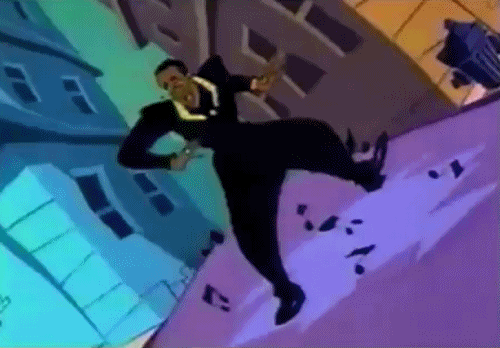
He also had his own dolls, made by Mattel.

All of this just solidified M.C. Hammer as the ultimate “sell-out” in the minds of “pure” Hip-Hop fans. But for a while, M.C. Hammer just laughed all the way to the bank.
While his subsequent albums would not reach the heights of Please Hammer Don’t Hurt ‘Em, Hammer continues to release new music and tours internationally today. But when I use the word “redemption” I say that because, in the decades since his heyday, everything M.C. Hammer did that was considered so wack and controversial back then, is mainstream now.
First of all, while his lyrics may have been simplistic, that’s hardly unusual with modern rap. Now it’s mostly about a good beat and a catchy chorus and, boom, you’ve got a hit song. Lyrics are secondary. Shoot, there’s a whole genre of rap called Mumble rap, where you can barely even tell what the rappers are saying on their songs, but fans don’t care. Compared to some of those guys M.C. Hammer was practically Rakim!
As for style? All the people who laughed at M.C. Hammer’s brightly colored outfits were rocking to Puff Daddy just a few years later as he ushered in the “shiny suit era.”

Nowadays you’d be hard-pressed to find a major rap act who doesn’t perform with a band and some dancers behind them on stage. Or one who doesn’t have several lucrative commercial endorsement deals.
We criticized Hammer for doing Pepsi commercials, but no one had a problem when 50 Cent made $75-100 million endorsing Vitamin Water (along with his many other deals).

Rappers like Diddy, Jay Z, and Dr. Dre are damn near billionaires thanks to their various endorsement deals.
Clothing lines, shoes, studio equipment, books, rappers today endorse everything from vodka to potato chips!

And, really, the case could legitimately be made that all of this possible because of the doors that M.C. Hammer opened. He broke all the rules for what a rapper was supposed to look like, sound like, and act like, and showed how far you could really go. So he deserves much respect.
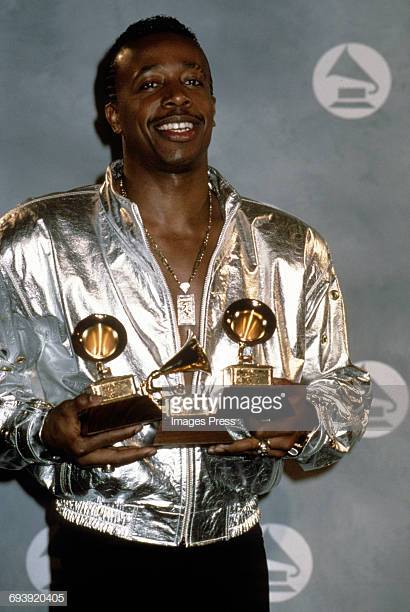
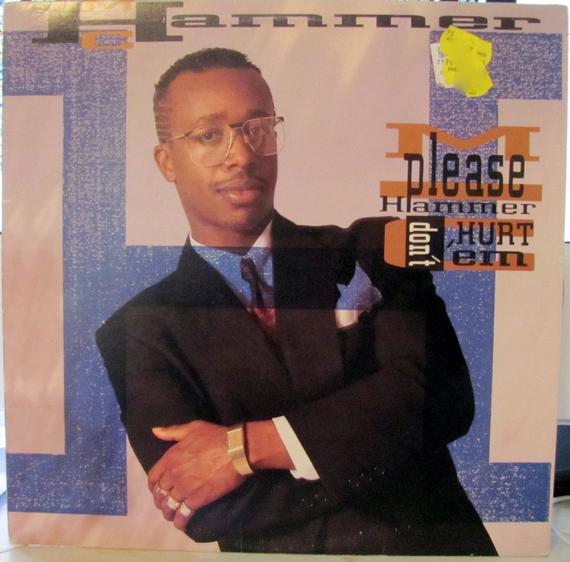

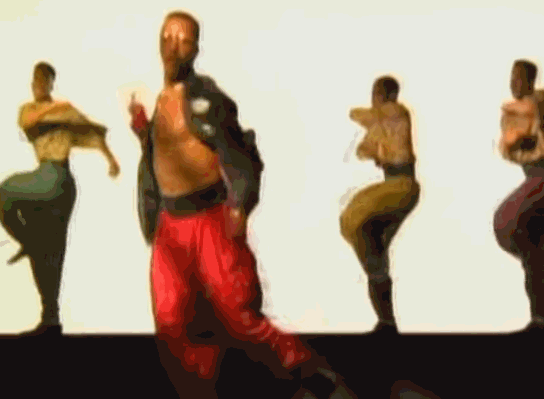
Mumble rap? Is that what they are calling it?
I remember when MC Hammer came out I was in a “I can’t stand rap phase” of my life. Then as I progressed through middle school and high school I would then start to embrace it. Its funny how those rappers were dissing him back then. Didn’t you do a post about how LL Cool J wasn’t really a hard emcee. I was listening to one of his later albums ( mid-00s) and I couldn’t believe how lyrically empty his verses were. I do like classic LL but now even I had to realize (like Canibus brought up in his famous diss track) 99% of his fans are females (not to diss females but still…)
Also didn’t MC Hammer go bankrupt at one point? I will say though he was one of the first celebrities that I saw that attempted to invest in tech ventures. Not sure how it turned out for him but it seems he had learned his lessons from his early rise to fame.
I vaguely remember the cartoon.
LikeLiked by 1 person
Yes, “mumble rap” is the official term.
As for LL, he is my all-time favorite rapper. He was smart to appeal to the women, as he’s said in interviews he figured out early on that female fans are more loyal. So once you get the girls, they will stick with you. So yeah, eventually 99% of his fans “wore high heels,” that just speaks to their loyalty as opposed to many male fans.
And yes Hammer did famously file for bankruptcy after losing $30 million, which is tragic especially in light of what I’m saying in this post, how so many other rappers today have gotten rich by doing all of these things that he did and got criticized for.
LikeLiked by 1 person
I loved Hammer, but I remember liking 3rd Bass too. Really to me it was (and still is) what sounds good.
LikeLiked by 1 person
I liked 3rd Bass too, they had some great songs!
LikeLike